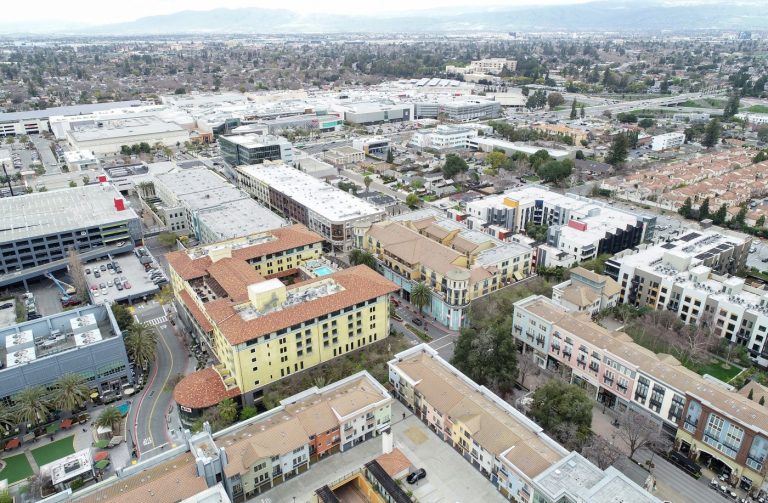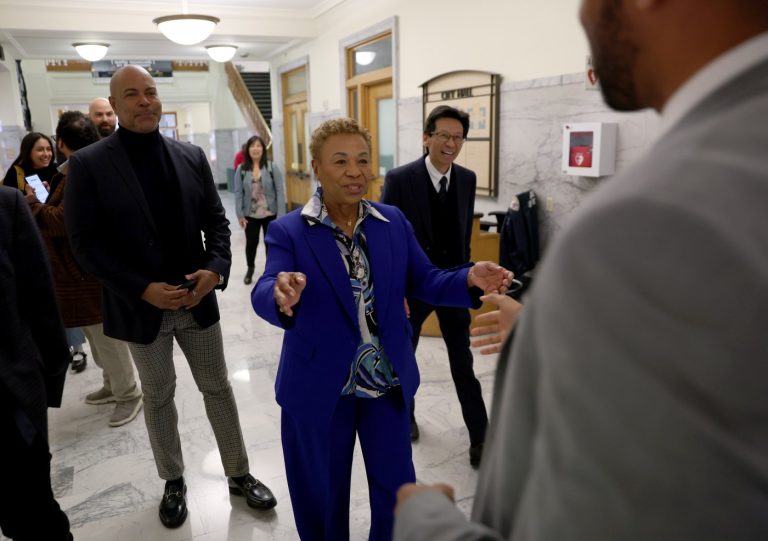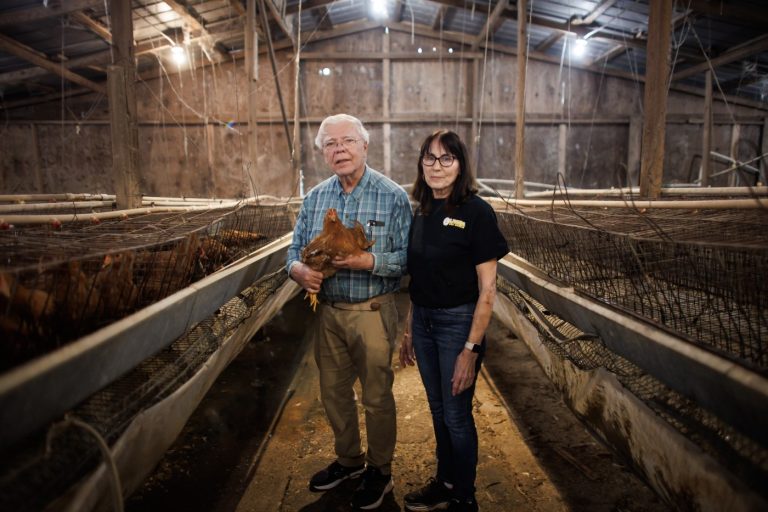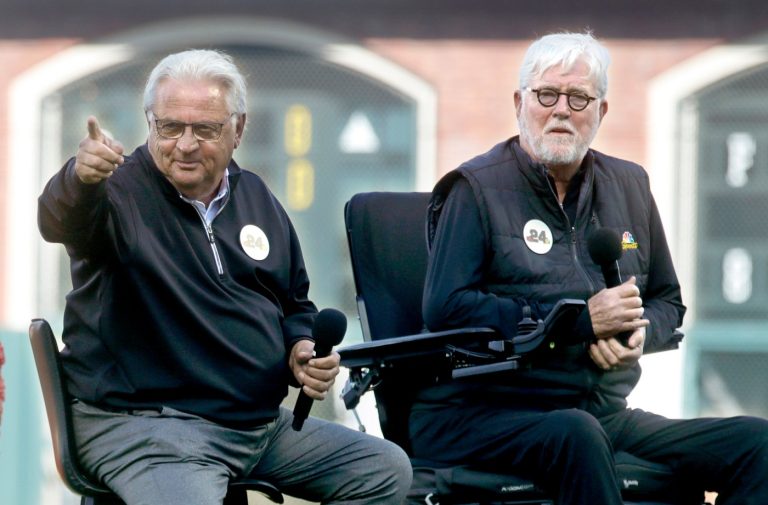Q. My parents are living with significant limitations from severe arthritis, recent surgeries plus the beginning of cognitive problems. My brother and I have been alternating weekdays and weekends tending to their needs and managing their care providers – some of whom are not great. The stress, wear and tear on us is huge. We need some help. S.L
Indeed, you are facing a problem and are not alone in assuming responsibility for your parent’s well-being. Almost five million family caregivers in California are helping their parents, spouses, and friends who need assistance with everyday tasks to live well in their homes and communities.
Today, families often live far apart with responsibility for care falling on one or more family members. Such ongoing responsibility can be overwhelming. Although you and your brother are not full-time, on-site caregivers, the long-term physical and emotional stress you may be experiencing are risk factors to your well-being.
A recommended partial solution: Consider hiring a professional geriatric care manager often referred to as a lifecare manager or aging life care expert. These professionals may be social workers, nurses, gerontologists, counselors or other professionals trained in caring for older adults, according to the Alzheimer’s Association.
They may be members of the Aging Life Care Association (ALCA) that requires meeting stringent education, experience and certification requirements and adhering to a strict Code of Ethics and Standards of Practice.
Care managers typically have several responsibilities and roles. They coordinate care and services, meeting the full social, emotional, physical, and healthcare needs of a loved one. Part of this is achieved by providing an unbiased and comprehensive assessment of the older client’s functioning. Trained as objective observers, they may recognize issues and situations that may be overlooked by loved ones.
After consulting with the family and the older person, care managers develop and administer a care plan outlining the necessary steps to obtain the appropriate types and levels of care. They typically coordinate medical appointments, set up transportation and evaluate and arrange for and monitor hired caregivers such as home health aides. Furthermore, they assess the physical environment for safety and accessibility and identify social services and programs that will help the care recipient. Often referred to as a “professional relative” that act as a liaison to family members.
Assuming you decide a care manager is needed, the next step is to determine whether to hire an individual who works independently or someone from an agency. Then comes the interview.
Here are some questions to consider:
What services do you provide?
If working with an agency, how many geriatric care managers are in your agency?
Is there a fee for an initial consultation? If so, how much?
Are you licensed in your profession? If so, describe your professional credentials.
How long have you been providing care management services?
If an emergency occurs, are you available?
In what way(s) do you communicate information with family, caregivers and the care recipient?
Is there a live person with whom I can speak when needed? Is the agency or care providers available on Sunday’s and after business hours?
What are your fees? How is travel time and mileage computed? Note: discuss fees before any services are rendered.
Can you provide a few references?
Finally, be sure you like the person you are hiring; chemistry is important.
Next, request the engagement in writing that includes services, fees and how services are terminated if needed. Note: Medicare and Medicaid do not pay for these services.
To find a professional certified geriatric care manager in your area, go to the Aging Life Care Association website and enter your zip code. Note whether the care manager has experience in dealing with your specific needs such as Alzheimer’s, Parkinson’s and other progressive illnesses.
For those not yet facing issues of eldercare, you might consider slipping this column in a folder for future use for good reason.
The late Rosalynn Carter said it well. “There are only four kinds of people in the world: those who have been caregivers, those who are currently caregivers, those who will be caregivers and those who will need caregivers.”
Thank you, S.L., for your good questions. Best wishes in finding the best care for your parents. Stay well and know kindness changes everything.
Helen Dennis is a nationally recognized leader on issues of aging and the new retirement with academic, corporate and nonprofit experience. Contact Helen with your questions and comments at Helendenn@gmail.com. Visit Helen at HelenMdennis.com and follow her on facebook.com/SuccessfulAgingCommunity
Related Articles
Lack of affordability tops older Americans’ list of health care worries
House-rich, cash-strapped: Advice for older homeowners
Oakland nursing home allegedly drugged resident to stop his wandering, death came soon
Older women are different than older men. Their health is woefully understudied
Half Moon Bay residents appealed approval of senior farmworker housing. Here’s what the City Council just decided












